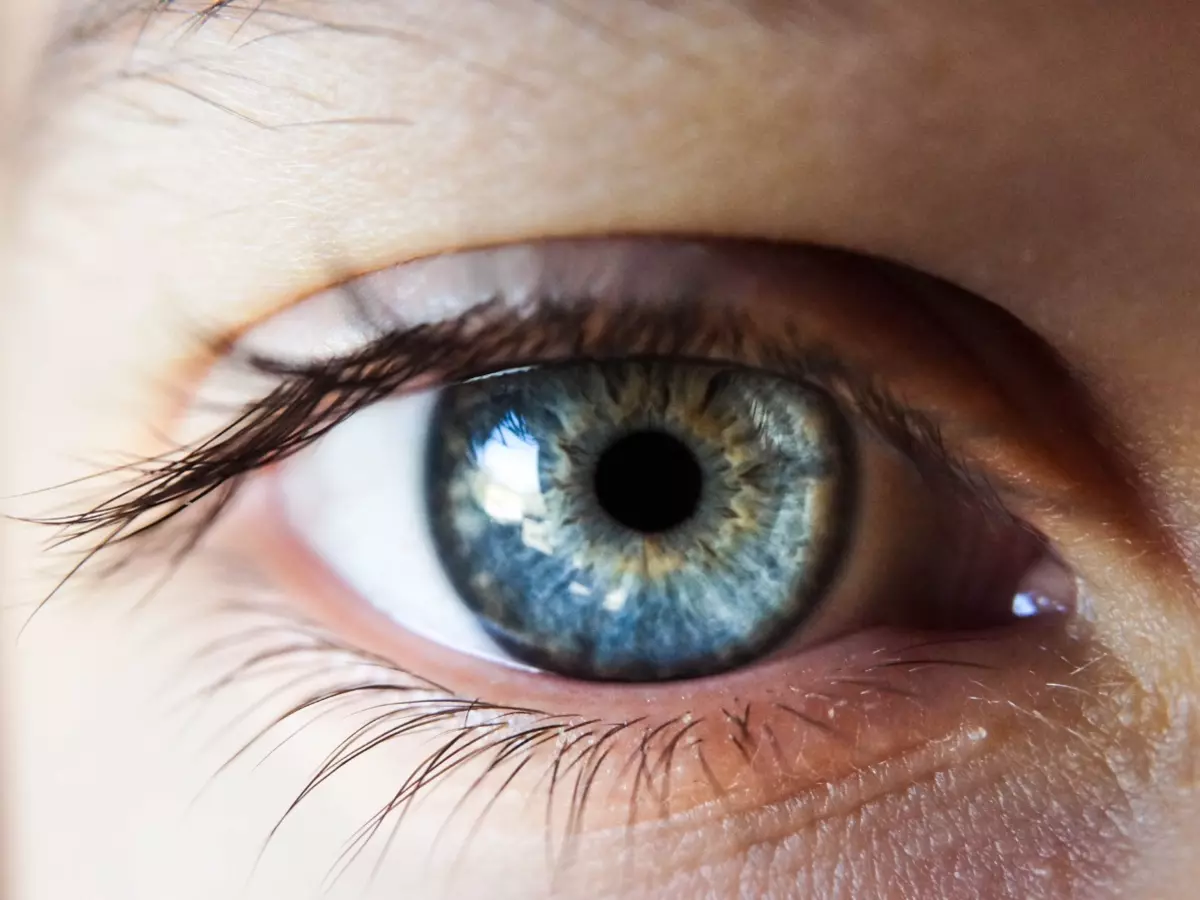Breakthrough Gene Therapy Reverses Vision Loss In Humans, Study Finds
Degenerative retinal disease occurs when cells that make colour vision, light perception, and sharpness possible deteriorate with age

Scientists have found genes that can reverse vision loss in humans. Universit谷 de Montr谷al researchers have devised a treatment strategy to bring back vision among people with degenerative retinal disease.
If the study's results come to life, people with vision loss could start seeing again. Usually, degenerative retinal diseases is caused by genetic mutations or environmental damage to the eye's retina.
 Unsplash
Unsplash
Restoring vision in people
The condition slowly impairs a person's ability to see. Owing to this, a person's ability to read, see things, and differentiate colours changes considerably. In some cases, permanent blindness can also occur.
The condition is currently treated as incurable, but this new research could be able to provide a potential cure. The study, published in the journal PNAS, claims to "[open] the door to cell therapy approaches for neurodegenerative diseases."
 Unsplash
Unsplash
Degenerative retinal disease occurs when cells that make colour vision, light perception, and sharpness possible undergo deterioration with age. Gradually, it leads to vision loss.
Also read: Did Humans Get Vision From Bacteria? New Study Reveals Fascinating Details
While these cone photoreceptor cells cannot be restored yet, the new study outlines a way to activate inactive glial cells in the retina to trigger activity in the cone cells. Scientists also found particular genes that can make this possible.
 Unsplash
Unsplash
"We have identified two genes that, when expressed in these dormant cells called M邦ller cells, can convert them into retinal neurons," said Camille Boudreau-Pinsonneault, the study's primary author.
This research, scientists say, could eventually help doctors restore vision in patients with degenerative retinal disease.
 Unsplash
Unsplash
Also read: No More Spectacles: These Eye Drops Could Reduce Blurry Vision For Millions
"We may one day be able to take advantage of the cells that are normally present in the retina and stimulate them to regenerate retinal cells lost to pathological conditions and to restore vision," added Ajay David, the study's co-author.
What do you think about this new research? Let us know in the comments below. For more in the world of technology and science, keep reading Indiatimes.com.
